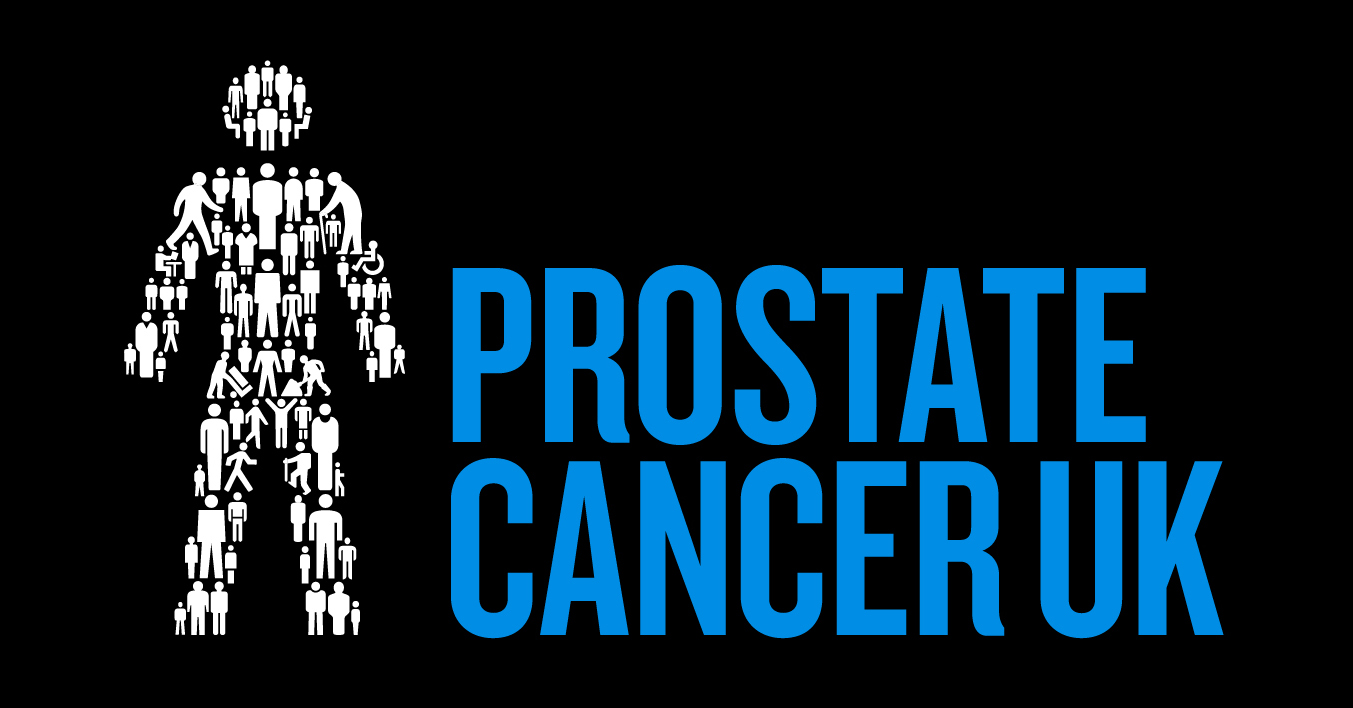There is a small but important difference between ‘inclusivity’ and ‘accessibility’. Traditionally, the term ‘accessibility’ means making special considerations or amendments for disabled people. Inclusivity is offering or creating something that can be accessed by everyone. Rather than addressing a specific problem, inclusivity focusses on catering to a range of requirements. Essentially, you should try and make sure your club can be accessed and enjoyed by everyone regardless of a disability, as well as specifically adding in features for people with a certain disability when required.
Sports club are improving inclusivity
All members should feel valued and receive equal opportunities to participate in your club’s activities.
Practical improvements
Your club should be welcoming to all people, regardless of ability or protected characteristics. Developing specific programs that meet the needs of your community, for example activities specifically targeting people with disabilities or seniors. Make sure these events are promoted effectively to community groups or organisations that may be interested. You could also run integrated activities, where disabled and non-disabled people take part in the same activity, with necessary adjustments made to ensure everyone can be included fully.
To make sure your activities are truly accessible, be flexible and work with individual participants to make sure the events meet their needs. You may need to purchase additional equipment to enable a wider range of people to take part in your events. However, as part of the Equality Act 2010 you are required to make reasonable adjustments to ensure everyone has access to services, so you may need to offer changes to your day-to-day activities in order to accommodate someone with a disability. Be prepared for these changes, so disabled members feel considered and welcomed.
Consider psychological impacts
Many people with disabilities may feel hesitant to take part in sport for fear of being judged or worrying about people’s preconceptions. Use promotional materials to clearly state activities at your club are accessible and inclusive. Make sure to use inclusive imagery to show people they are welcome at your club.
Some people may feel hesitant to join a new club, so it’s your job to put their mind at easy. Ask all new members to tell you about any relevant additional needs or disabilities when they first fill out their membership form. This will help you to identify ways you can help the individual. The Inclusive Athletics Guidance offers appropriate wording for your form.
It’s important to train all staff and volunteers to have an inclusive and welcoming mindset. Offer a positive experience, and people with disabilities are far more likely to return and become permanent members of your club.
Do not tolerate discrimination
Your staff and members should feel comfortable to enjoy themselves, but ‘banter’ which includes hurtful or stereotyped language should be discouraged. Clearly display codes of conduct so your members know what behaviour won’t be tolerated. You should develop a policy to help your team address offensive behaviour so that, as a last resort, there’s an official procedure to follow to combat inappropriate comments. Often, the best way to tackle discriminatory language is to challenge it directly: ask the person what they mean by their comment, and try to help them understand why their language could be considered offensive.
Sports clubs can visit the Equality in Sport website for more information on improving accessibility. Your club can achieve various Equality Standards to highlight your club’s commitment to inclusivity. Use these outcomes and standards to help improve your club’s equality and inclusivity.
There is also a wealth of resources available from the Inclusion Club Hub, created by the Activity Alliance to help sports clubs just like yours include more disabled people.
Inclusivity at social clubs
Social clubs face a separate yet similar set of challenges. Social clubs still run activities and events that must be inclusive for all members, even if they are not competitive sporting events.
Political clubs, working men’s clubs and community centres are often networking hubs for locals. These clubs provide the perfect opportunity for social inclusion – a chance for people who are often isolated from their community to get to know new people. The affordability of social clubs makes it ideal for customers, particularly older people, to visit regularly and minimise loneliness. Meeting people face-to-face and socialising it incredibly important, and something that should be accessible for every member of the community.
Be prepared to make reasonable adjustments
The Equality Act 2020 states businesses, including social clubs, are legally required to make reasonable adjustments to ensure disabled people have fair access. You may need to change certain rules or policies to ensure all guests have access to your club. You might also have to make reasonable adjustments to physical features of your club, such as providing better signage or ramps.
Practical considerations
Many old buildings may not have the structural ability or space to accommodate all disabilities. Building disabled toilets, lowering bars and ensuring accessible entrances are often the most common accessible features. But there are many disabilities, and small measures such as improving lighting in your club or ensuring the television has closed captioning can make a big difference to your customers.
It’s important to be honest and transparent about your club’s accessibility. The best way to do this is share as much information as possible on your website or in email / telephone communication with new or potentially new members. Let customers know the best way to get to and from your club, what parking is available and what areas of the club are accessible (it’s always a good idea to let patrons know how many stairs there are, and if there is lift access). You should also state any extra facilities at your club, such as quiet rooms, table service or regular activities for disabled guests.
There are some grants available for non-profit organisations and community groups, with many listed on the Disability Action Alliance website. If successful, social clubs could benefit from funding which will enable them to convert, regenerate or modernise the building to be more inclusive and accessible.
Adapt your programme of events
Community activities such as regular pub quizzes, bingo or live music should be accessible for all to enjoy. For example, if your events are usually unreserved seating you should ensure an area near the front of the stage is kept reserved for disabled customers.
You could also introduce a specific programme of events for disabled members of your community to socialise. Hosting accessible club nights and parties is a great way for a wide range of people to gather and socialise. You may not have the facilities to organise and promote these events as part of the day-to-day running of your club, but you could offer your function rooms out for free or at a low cost for local community groups to utilise.
Training your staff
All staff or volunteers at your club should receive disability training. This will help them to confidently and politely work with a range of customers, without causing inadvertent offence. For example, if a customer has a service dog it’s important not to pet or distract them but it is courteous to bring over a bowl of water for the dog – but ask your customer first! Never make assumptions about your customers and always ask how you can help rather than diving straight in and potentially offering assistance that isn’t wanted. The main thing is to treat customers the same in your manner (friendly, professional and never patronising) but be prepared to offer an additional level of service for those who need it.
Does your club prioritise accessibility? We’d love to hear about it. Contact us on social media or get in touch with our team.







